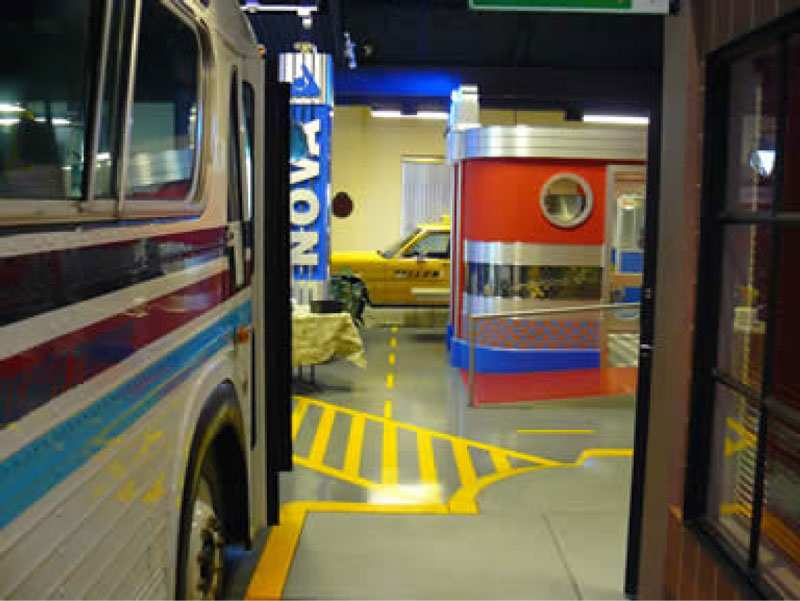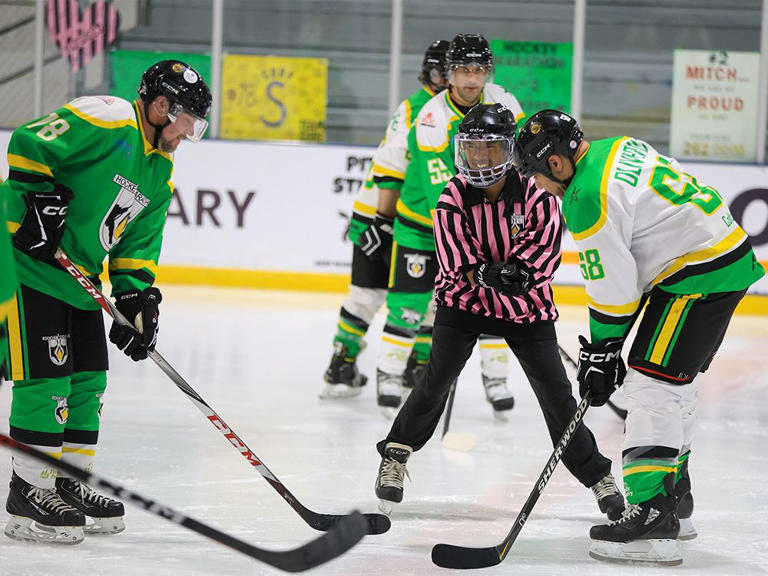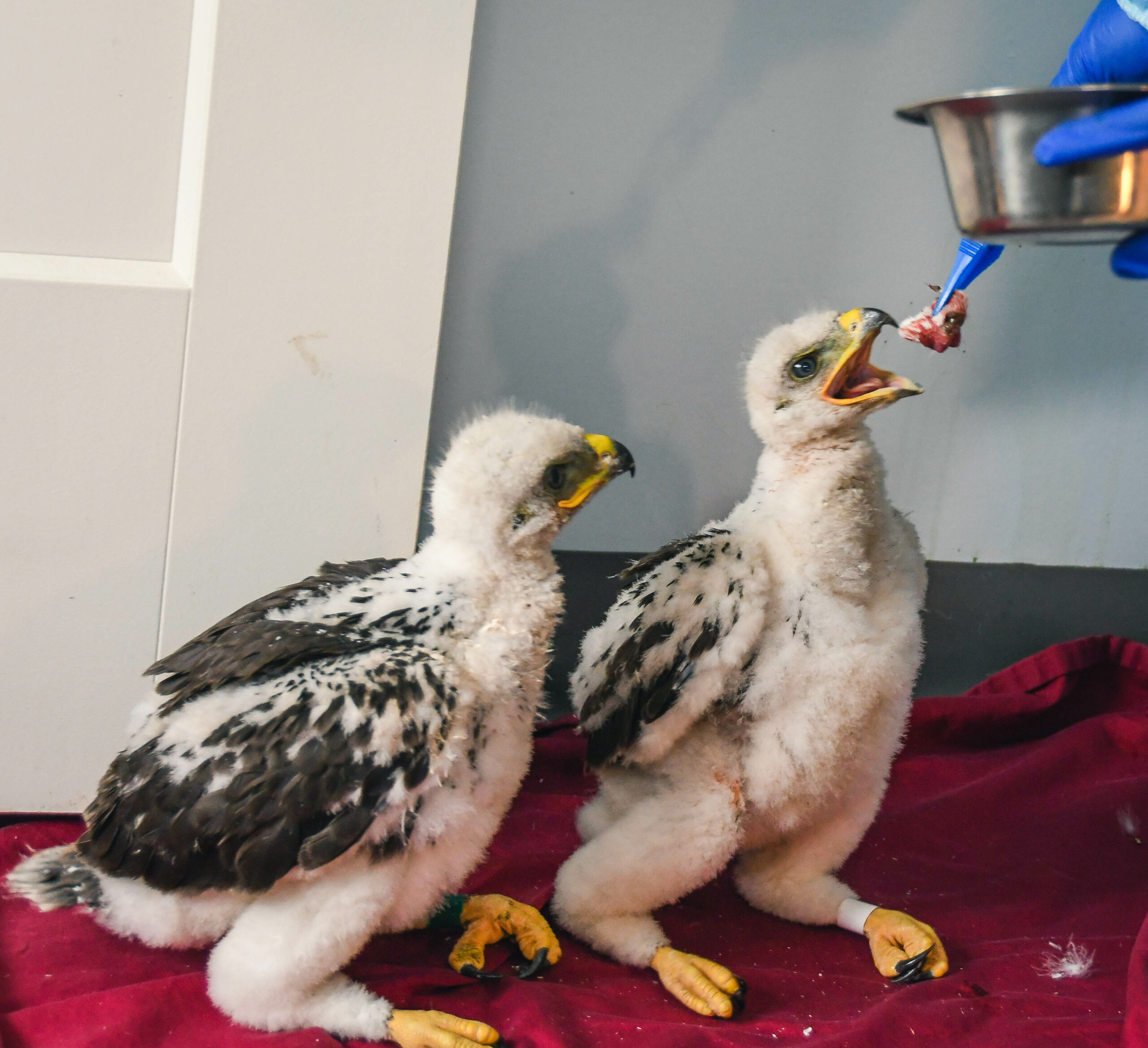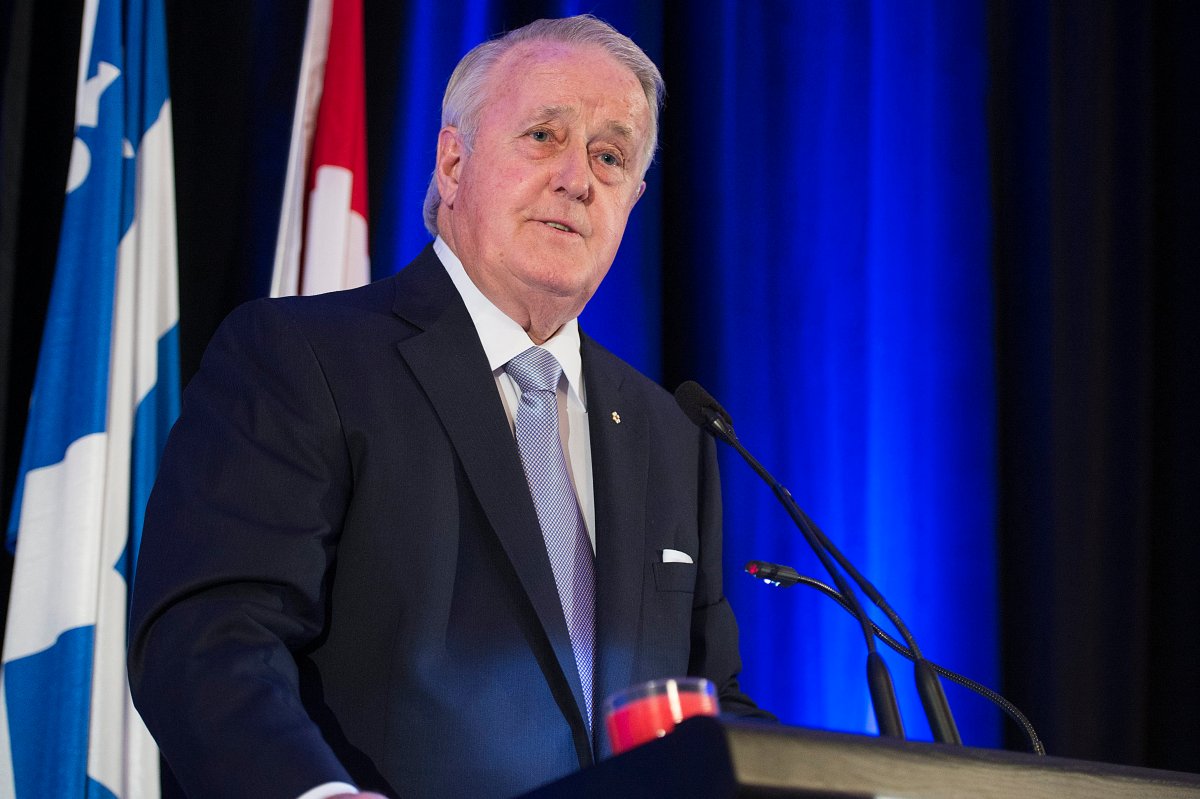
CHESTERMERE – My neighbours have a fairly large family and one of the boys is a healthy 10 year old. He often drops by to talk and pet the pooches while we’re out in the front yard. He’s an active kid as most young boys are, riding his bike and skateboarding throughout the neighbourhood and the winding pathways in Chestermere. One of the first things I often say to him as he rides over for a chat is “Where’s your helmet”? He‘ll reply “It’s in the house; my Mom doesn’t make me wear it if I don’t want to”. His attention span is short, typical of a young boy when you try to reason with him the safeguards of wearing a helmet; and it’s obvious my nattering hasn’t seemed to make any difference to him over the couple of years since we have been neighbours. I would hate to see him get injured as I can see the potential in him to become a fine young man someday just like his brothers.
When I was growing up there were no such things as car seats for small children let alone seat belts for all of the occupants. Bicycles were rather simple with just 3 speeds at most, not to say that you couldn’t go fast down a hill though. Some of the sports we took part in back then were…. shall we say on the meek or mild side compared to the sports the kids are involved with nowadays. Sure we had skateboards but few people did the extreme tricks of today. The same is true with snowboarding, skiing and mountain biking; activities undertaken everyday by ordinary people.
Sustaining a brain injury is something you don’t think about until it happens to you or a loved one. An injury, an illness, an injury sustained at home, on skis, in a car; these are all very real possibilities with very real outcomes.
About 5000 Albertans are brain injured every year. They will likely live the rest of their lives with memory loss, personality changes, physical problems, family problems, employment and financial concerns. Young males between the ages of 15-24 years have the highest rate of injury.
They are ordinary people, just like you and me. They are fathers and sisters, mothers and friends. Husbands and wives and children – all changed forever, in an instant.
Living with a brain injury changes everything. Daily living takes on an entirely new meaning. Running errands and completing your chores – things you once took for granted – are no longer just simple tasks. They now require concentration, planning ahead and strategic thinking. They require learning new skills and re-learning old ones. Imagine those same circumstances, but now apply them to a child; your child. The magnitude of the situation instantly increases. It’s life-altering and overwhelming; a complete shock to the system.
Brain Injury Facts:
• 50% of brain injuries are sustained in car accidents, and half of those are motorcycle accidents
• 50% of these involve alcohol or drugs
• 50% involve speeding
• 58% of the time it is a single car accident
• less than 14% of the victims are wearing seat belts
• 71% of the time the driver sustains a brain injury
The front part of the head usually takes the blow, for example, if your head hit the dashboard of the car or you were hurled over the handlebars of your bike. Brain injuries have 3 categories – mild, moderate and severe. Mild can be like a concussion and with the proper treatment can be overcome with little or no long time effects. Moderate and severe brain injury will require life-long rehabilitation. Some people will never work again, some will never function independently and some may have to live in group homes. Friends will stick around for a while but will eventually leave.
Some people end up in wheelchairs but others are able to walk about and look like an average person. These people are what Pam McGladdery of the Universal Rehabilitation Service Agency (URSA) calls “The Walking Wounded”. At the URSA they have a large rehabilitation centre called Easy Street. This is the place where the brain injured individuals begin the long journey of learning how to do most things that you and I take for granted. Easy Street is a life-sized replica of a city street, complete with shops, vehicles and a bank. Clients learn how to maneuver obstacles such as curbs, steps, doorways and ramps. In addition, a number of walking surfaces are represented. Brick, concrete, tile and carpet – all used to teach the client how to negotiate and move through various challenges and complicated situations of everyday life. These skills are needed to navigate their way through basic community settings such as shopping for groceries, depositing a cheque, getting on a bus, dining at a restaurant.
Teenagers are faced with making decisions about many new kinds of risk but their ability to assess risks and future consequences is not fully developed. Research shows parents have more impact on their teenagers’ risk-taking behaviour than anyone else, including peers. An important part of parenting teens is helping teenagers learn to recognize and manage risks and to give them practice in doing so. It is also important that adults model smart risk-taking for teenagers.
Sports and recreational injuries can be prevented through the use of protective gear like helmets and getting trained when trying something new.
The month of June is Brain Injury Awareness Month. Talk to your children about safety and wearing helmets while they take part in their activities.
In addition, on Sunday, May 26th, 2013 Universal Rehabilitation Service Agency (URSA), will once again be hosting their annual Motorcycle Awareness Ride along with Kane’s Harley Davidson and over 500 members of the Calgary and area community who love to ride. Come together to promote awareness for rider safety in our community. For more information or to register please call 403-272-7722.
The cost of a brain injury is astronomical; financially, socially and emotionally. Please have a safe summer!







